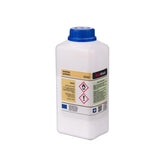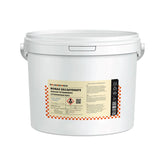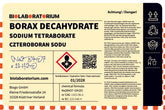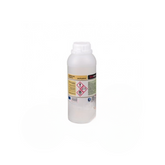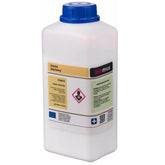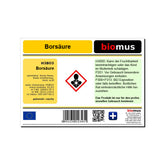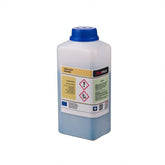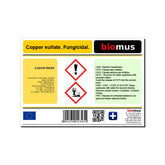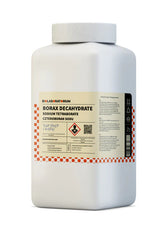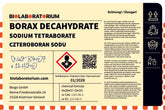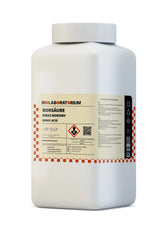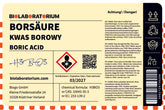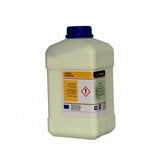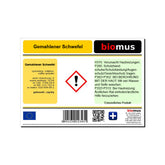The versatile applications of chromium chloride in industry
Chromium chloride, also known as chromium(III) chloride, is an important inorganic compound used in numerous industrial processes and products. With its unique physical and chemical properties, chromium chloride offers a wide range of technical applications. In this blog post, we will take a closer look at the main uses and characteristics of chromium chloride.
Electroplating chromium coating
One of the main applications of chromium chloride is in electroplating chromium coatings. This process is used to coat surfaces with a thin, highly glossy chromium layer. Chromium surfaces are known for their excellent corrosion resistance, hardness, and abrasion resistance, making them a sought-after coating material.
In the automotive industry, chromium surfaces are used for finishing trim pieces, rims, and chrome parts. Chromium surfaces also find diverse applications in the sanitary and household sectors, such as in faucets, fittings, and kitchen appliances. Additionally, chromium coatings are used in aerospace technology, where they protect components from wear and environmental influences.
The electroplating process for applying the chromium layer is based on the reduction of chromium ions from an aqueous chromic acid solution. Chromium chloride serves as an important starting material for the production of this electrolyte solution.
Chromium oxide-based catalysts
Another important application of chromium compounds is in the production of catalysts. Chromium oxide-based catalysts are widely used in the chemical industry, petrochemical sector, and petroleum refining.
For example, chromium catalysts are used in cracking plants to convert heavy hydrocarbons into lighter fractions. They are also employed in the synthesis of basic organic chemicals, such as the production of methanol or ammonia.
The catalytic activity of chromium compounds is based on their ability to reversibly switch between different oxidation states. Chromium chloride serves as an important starting material for the production of chromium oxide catalysts.
Pigments and Dyes
In addition to technical applications, chromium chloride is also used in the production of pigments and dyes. Chromium compounds such as chromium oxide and chromium hydroxide are used to create green, yellow, and orange hues.
These chromium dyes are used in a wide variety of products, such as paints, plastics, glasses, ceramics, and textiles. Chromium compounds are also used as color pigments in the cosmetics industry, for example in eyeshadows or lipsticks.
The color intensity and durability of chromium dyes make them an important component of many materials and products where permanent coloration is required.
Other Applications
In addition to the main applications mentioned, chromium chloride is also used in other industrial processes:
Tanning
In leather production, chromium chloride serves as an important tanning agent. Chrome tanning gives leather high strength, suppleness, and water resistance.
Wood Impregnation
Chromium chloride-containing wood preservatives are used to protect wood from rot, fungal infestation, and insect damage. The chromium compounds penetrate deep into the wood and form a durable protective layer.
Medical Applications
In medicine, chromium chloride is used as a component of dietary supplements. Chromium plays an important role in carbohydrate metabolism and can support insulin balance in diabetic patients.
Properties and Safety of Chromium Chloride
Chromium chloride is a crystalline, greenish-blue solid that is highly soluble in water. In dissolved form, chromium chloride exists as a chromium(III) cation, which can form various complex compounds.
Special caution is required when handling chromium chloride due to the toxicity of the compound. Direct contact with skin or eyes can cause irritation. Inhalation of vapors may damage the respiratory tract. Therefore, appropriate protective measures such as wearing protective clothing and using an exhaust system are essential when handling.
Overall, chromium chloride offers a wide range of industrial applications thanks to its versatile properties. From electroplating to catalyst production to pigments and tanning agents - chromium chloride is an important raw material for numerous industries. With proper handling and safety measures, the potential of this compound can be optimally utilized.
